PRESS RELEASE: PLSI and Other CSOs Call on President Buhari to Sign Audit Bill into Law
Thursday, July 25, 2019 Abuja, Nigeria. PRESS RELEASE ON THE STATE OF FEDERAL AUDIT SERVICE COMMISSION BILL CURRENTLY WITH PRESIDENT MUHAMMADU BUHARI FOR ASSENT Paradigm Leadership Support Initiative (PLSI) and other Civil Society Organizations call on President Muhammadu Buhari to assent to the Federal Audit Service Commission Bill to help fight corruption in […]
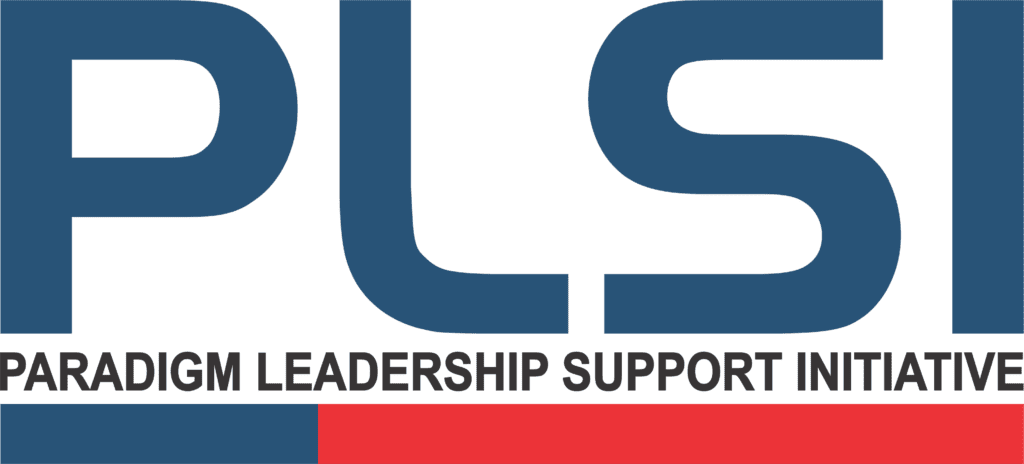
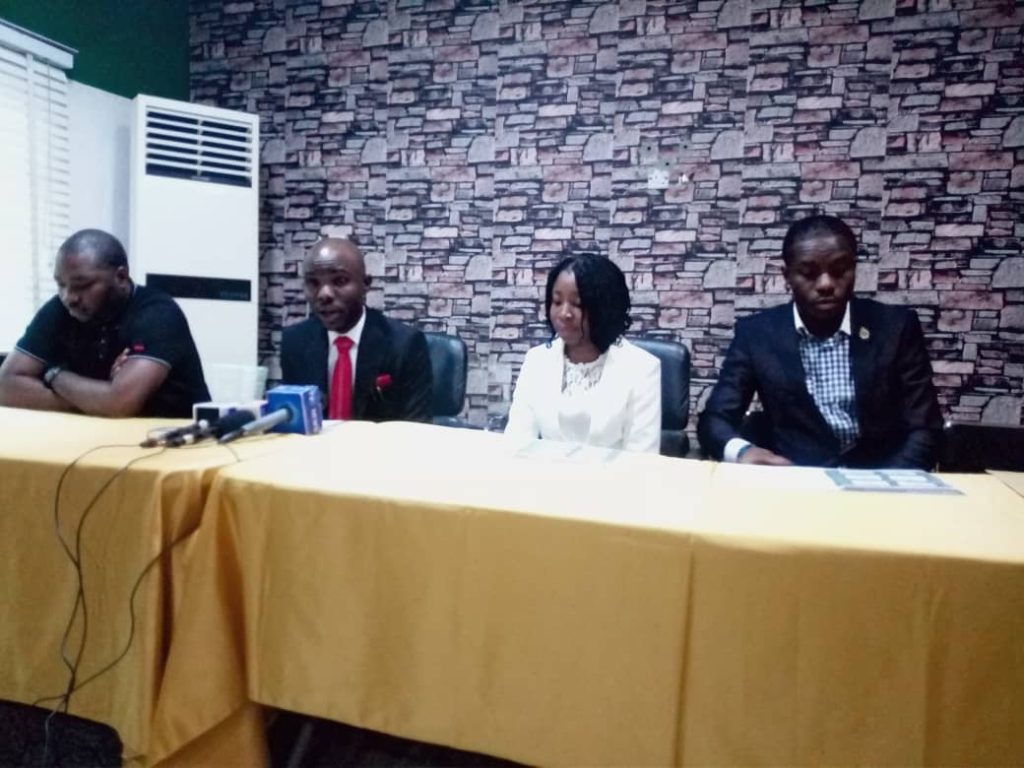
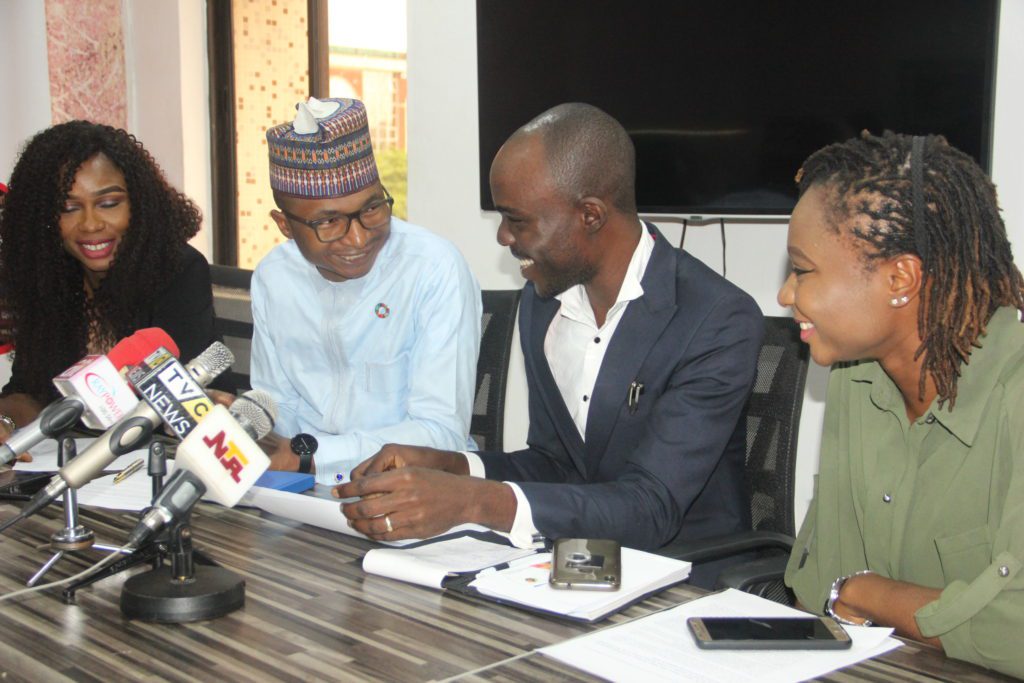

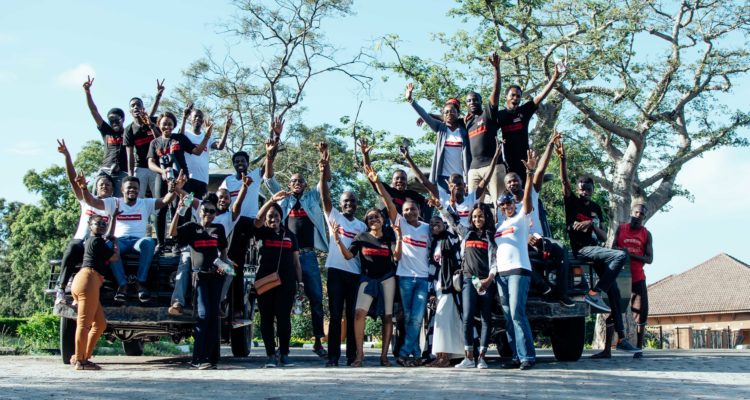
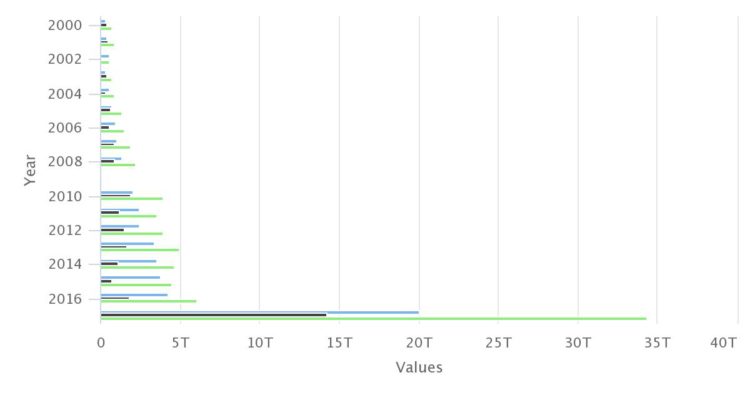
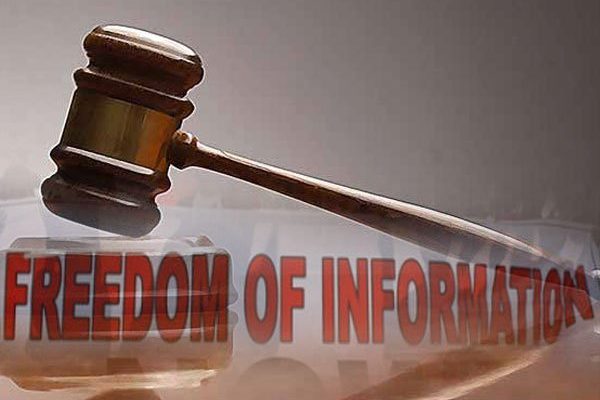
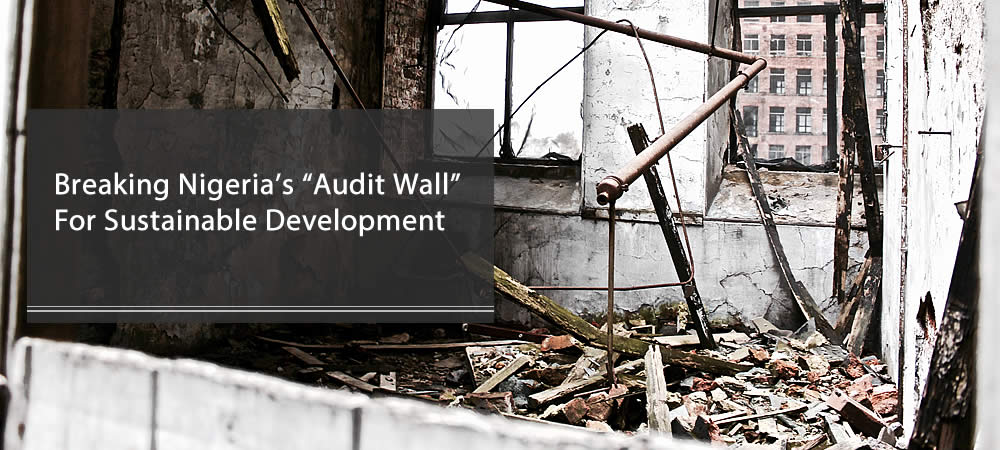

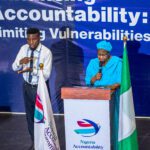




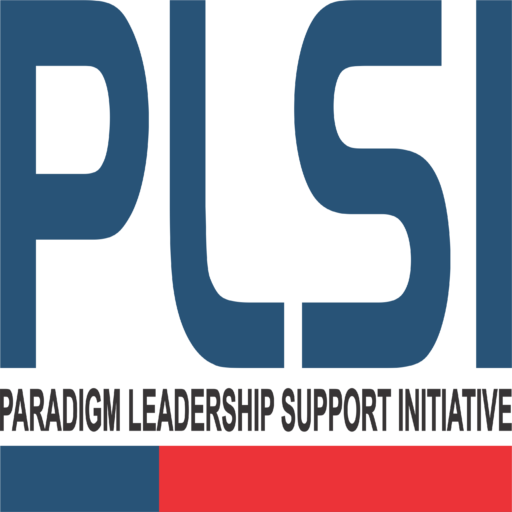
Recent Comments